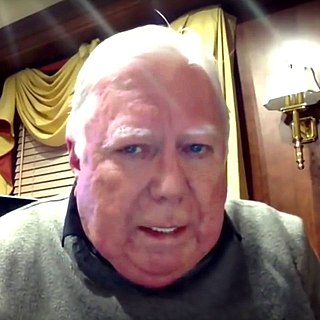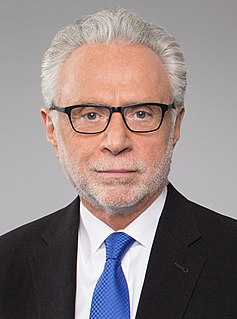A Quote by Peter Bergen
The Bush administration's approach to the war on terror collided badly with another of its doctrines, spreading democracy in the Middle East as a panacea to reduce radicalism.
Related Quotes
In fact if you look at Reagan's global war on terrorism it very quickly turned into a massive terrorist war: [by us] Central America, South Africa, the Middle East, all U.S.-backed terrorism. That's one of the reasons why it disappeared from history and why the standard line is that Bush 43 declared the war on terror. Actually he just repeated what Reagan had said 20 years earlier.
There's kind of a hidden point which isn't being brought out, and that is that it is inconceivable that the U.S. would permit democracy in the Middle East, and for a very simple reason. Just take a look at polls of Arab public opinion. They exist. You can't find them in the press, but they exist from prestigious polling agencies. Released by major institutions. And what they show is that if there was democracy in the Middle East, the entire U.S. program for domination of the Middle East would be down the tube.
I do think, from the other side, that George W. ush was somewhat of an innocent in his thinking about what Ronald Reagan did during the Cold War and by bringing democracy to Eastern Europe. I think he believed that he could do the same thing by bringing democracy - or Midland, Texas, really - to the Middle East. I truly think he felt it was possible. "I want to do for the Middle East what Reagan did for the Soviet Union."
Israel's democracy is the bedrock on which our relationship stands. It's a shining example for people around the world who are on the frontline of the struggle for democracy in their own lands. Our relationship is also based on our common interest in a more stable and peaceful Middle East, a Middle East that will finally accord Israel the recognition and acceptance that its people have yearned for so long and have been too long denied, a Middle East that will know greater democracy for all its peoples.
I think the public is very reluctant to get involved in more foreign wars, especially in the Middle East. And they understand, implicitly, that we go to war in the Middle East because of oil. And if we don't want to go to war in the Middle East, then we have to do something about the oil problem. And I think that view is gaining ground in the U.S.
Since the Bush-Cheney Administration took office in January 2001, controlling the major oil and natural gas fields of the world had been the primary, though undeclared, priority of US foreign policy... Not only the invasion of Iraq, but also the toppling of the Taliban in Afghanistan, had nothing to do with 'democracy,' and everything to do with pipeline control across Central Asia and the militarization of the Middle East.






























